- Caffeine and Seborrheic Dermatitis Misconception: Many sources claim caffeine worsens inflammatory skin conditions like seborrheic dermatitis, but solid evidence is lacking.
- Hydration is Key: While caffeine can have a mild diuretic effect, adequate water intake can counteract potential skin dehydration.
- No Strong Link to Worsened Symptoms: Current research doesn’t support the idea that moderate caffeine consumption directly exacerbates seborrheic dermatitis.
- Potential Skin Benefits: Intriguingly, caffeine may offer some skin health advantages, including protection against skin cancer and improved skin barrier function.
- Anecdotal Evidence vs. Science: Personal stories blaming caffeine are common, but scientific evidence should be prioritized over anecdotal claims.
- Simple Self-Experiment: If concerned, try a decaf vs. regular caffeine experiment to monitor your own skin’s reaction.
Numerous publications and online sources propose that caffeine intake can dehydrate the skin and should be avoided by individuals prone to inflammatory skin conditions. This advice frequently extends beyond seborrheic dermatitis to encompass eczema, psoriasis, rosacea, acne, and more.
In short: Current evidence does not indicate that caffeine worsens seborrheic dermatitis symptoms. While excessive caffeine could contribute to skin dryness, drinking enough water can easily offset this. Interestingly, caffeine may even offer some unexpected benefits for overall skin health.

Why is Caffeine Often Blamed for Skin Problems?
The primary argument against caffeine centers around its diuretic properties. Caffeine promotes urine production, which, it’s argued, leads to overall dehydration. Dehydration, in turn, is believed to weaken the skin barrier and potentially worsen skin conditions.
Despite the widespread nature of this argument, it’s surprisingly difficult to find robust scientific backing for it.
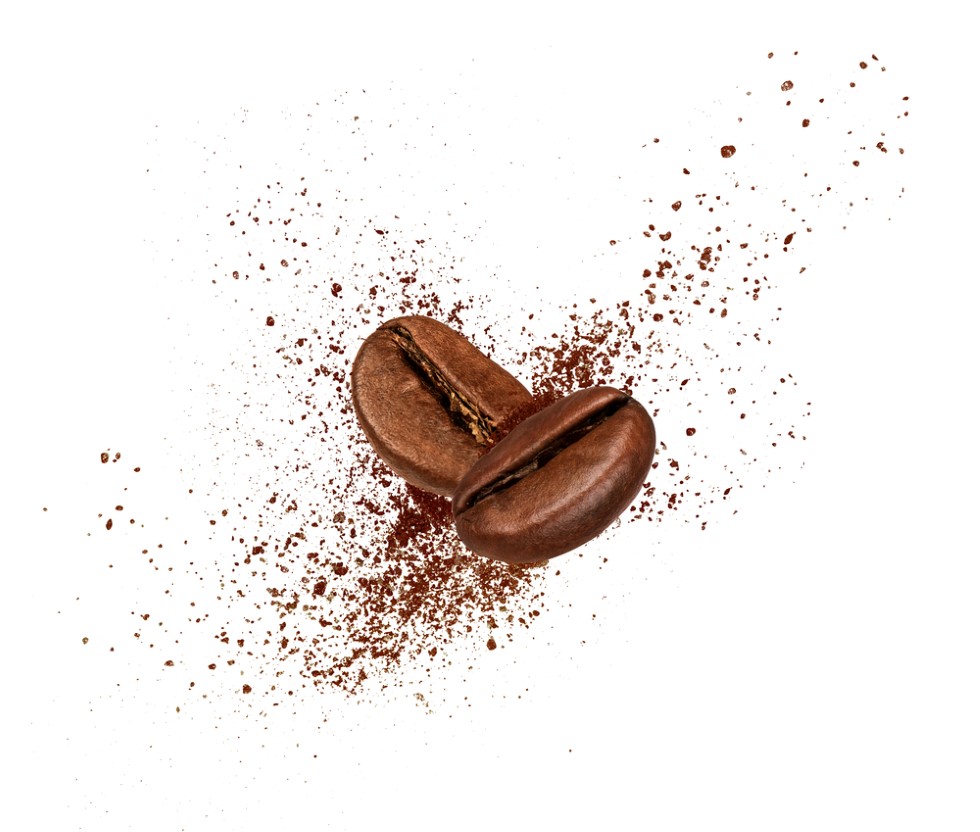
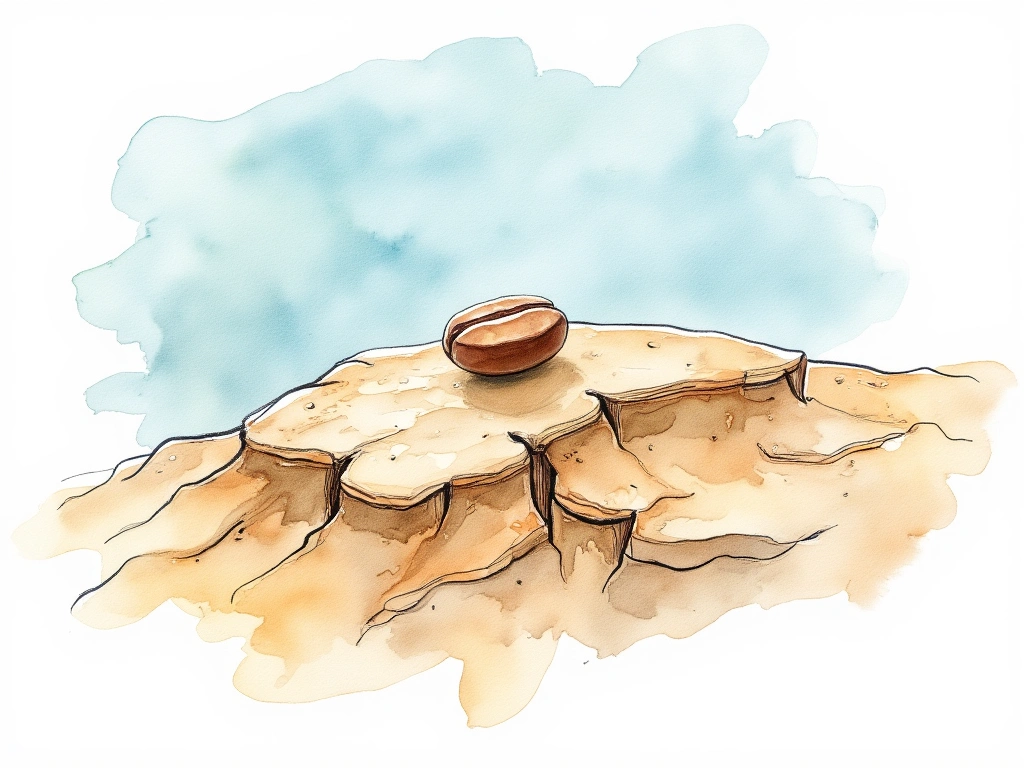
Does Caffeine Actually Dehydrate Your Skin? Examining the Evidence
Given how often caffeine is cited as a skin dehydrator, one might expect a wealth of studies confirming this link. However, searching for solid evidence to support this popular belief yields surprisingly little.
The few relevant studies that do surface suggest that caffeine-containing drinks have a minimal impact on hydration levels. For example:
- Research indicates that caffeine intake up to 400mg daily (roughly 8 cups of tea or 4 cups of coffee) does not cause dehydration, even when combined with exercise (which would likely amplify any dehydrating effect) [1]
Further investigation revealed a study in the Journal of Korean Biological Nursing Science that seemed to suggest a link between caffeine and skin hydration:
- This study reported a significant negative correlation between caffeinated beverage consumption and skin hydration [2]
Unfortunately, the full paper is in Korean, and Google Translate provides a limited understanding. However, the English-labeled data tables suggest that maintaining adequate pure water intake helped preserve skin hydration, even with moderate caffeine consumption. This hints that the issue may not be caffeine itself, but rather insufficient water intake.
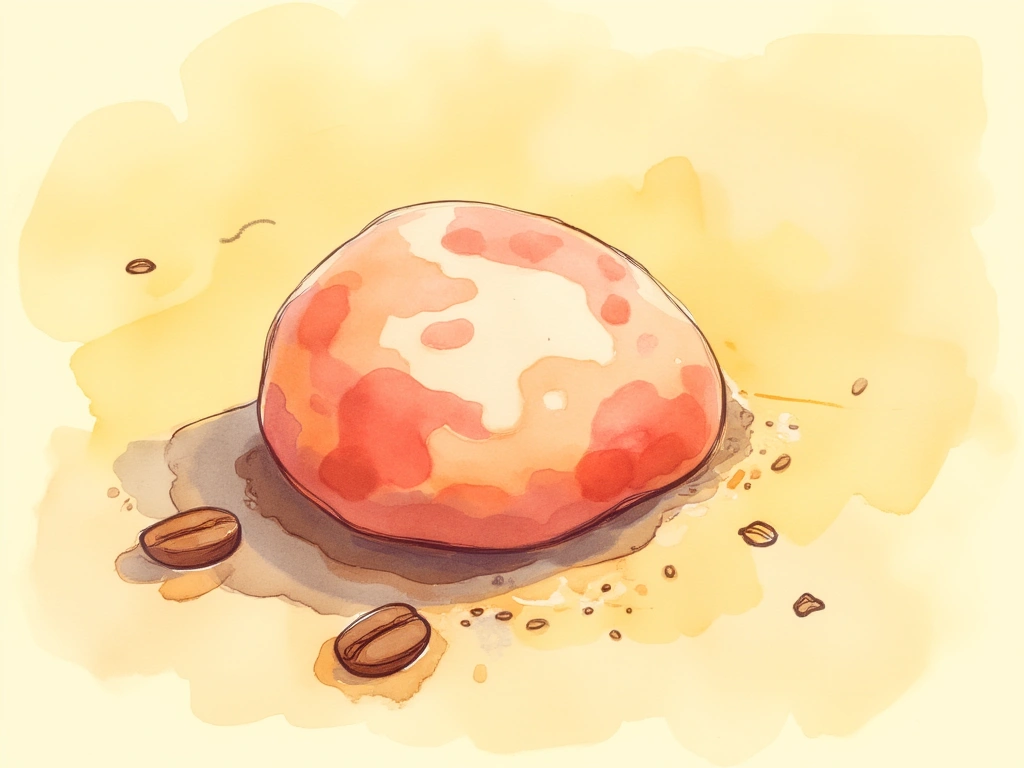
Caffeine and Seborrheic Dermatitis: What Does This Mean?
Seborrheic dermatitis is known to involve a compromised skin barrier and increased transepidermal water loss (TEWL) – essentially, water escaping from the skin [3, 4]. Improving skin barrier function and reducing TEWL generally helps manage dermatitis [5].
This connection likely fueled the common belief that “caffeine is bad for seborrheic dermatitis.”
However, considering the available evidence, caffeine’s impact on skin hydration appears minor and primarily relevant only when water intake is insufficient. Therefore, if you are adequately hydrated, it’s unlikely that moderate caffeine consumption will significantly worsen your seborrheic dermatitis symptoms.
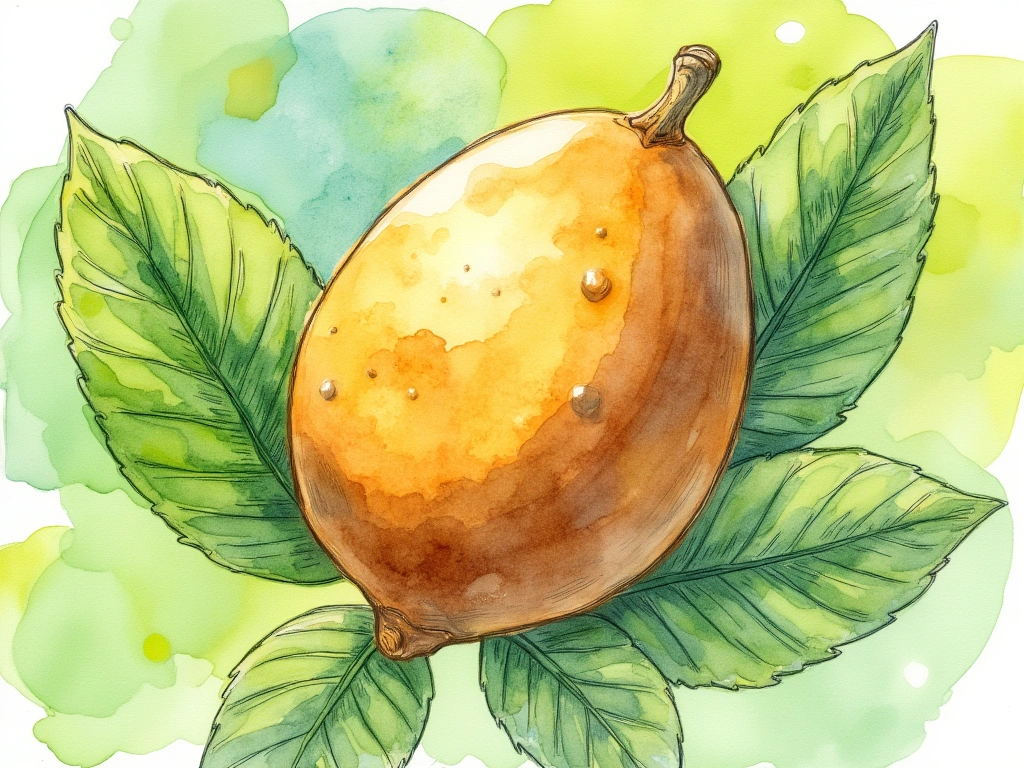
Surprising Potential Benefits of Caffeine for Skin Health
While researching caffeine’s effects on skin, some studies highlighting potential benefits emerged, which are quite interesting to consider. Notably:
- Consuming caffeine-rich beverages might offer protection against non-melanoma skin cancer [6]
- Topical caffeine application may be beneficial for treating premature hair loss [7]
- Caffeine may positively influence skin inflammation and has shown promise in small studies for treating atopic dermatitis (eczema) [8]
- Topical caffeine application specifically improved skin barrier function in males [9]
Collectively, these findings suggest a more nuanced picture than the simplistic “caffeine is bad for your skin” narrative. Caffeine may actually offer several potential benefits for skin health.
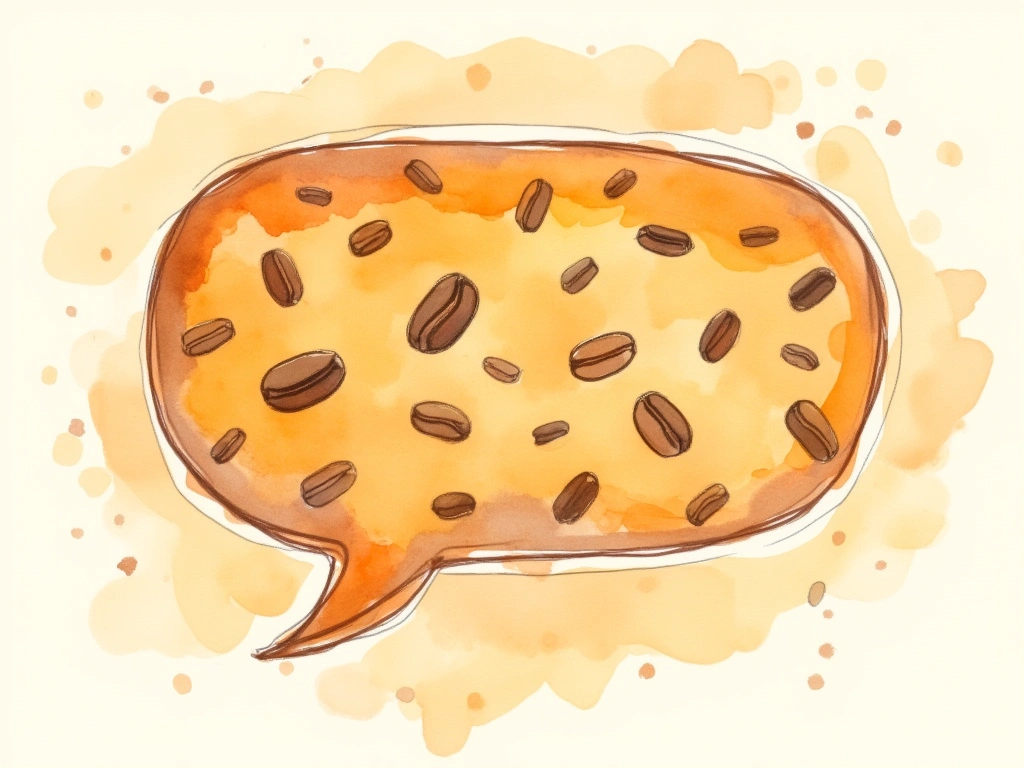
The Problem with Anecdotal Evidence: Can You Trust Online Claims?
Beyond scientific literature, online forums are filled with personal accounts of individuals claiming their skin improved after cutting out coffee or tea. But can we generalize from such comments? How do we know these improvements weren’t due to other factors entirely?
The truth is, anecdotal evidence should rarely be taken as definitive proof. It’s best used as a starting point for investigation, not a source of hard facts. When dealing with a frustrating condition like seborrheic dermatitis, it’s easy to fall into the trap of seeking quick fixes and placing too much weight on personal stories. The allure of a simple solution found online can be strong, but it’s a potentially misleading path.
If you suspect caffeine might be affecting your seborrheic dermatitis, a simple self-experiment can be more insightful:
- Switch to decaf versions of your usual caffeinated drinks.
- Alternate between decaf and regular consumption over several weeks.
- Keep a daily log of your symptoms.
Over 4-6 weeks, this experiment should provide personal data on whether caffeine impacts your seborrheic dermatitis.
To enhance objectivity, you could even have someone else prepare your drinks without telling you which is which (though accurate record-keeping is still needed for analysis later).

In Conclusion: Caffeine and Seborrheic Dermatitis – Likely Not a Major Concern
While direct studies on caffeine consumption and seborrheic dermatitis symptom severity are lacking, the broader research suggests that any negative impact is probably minimal.
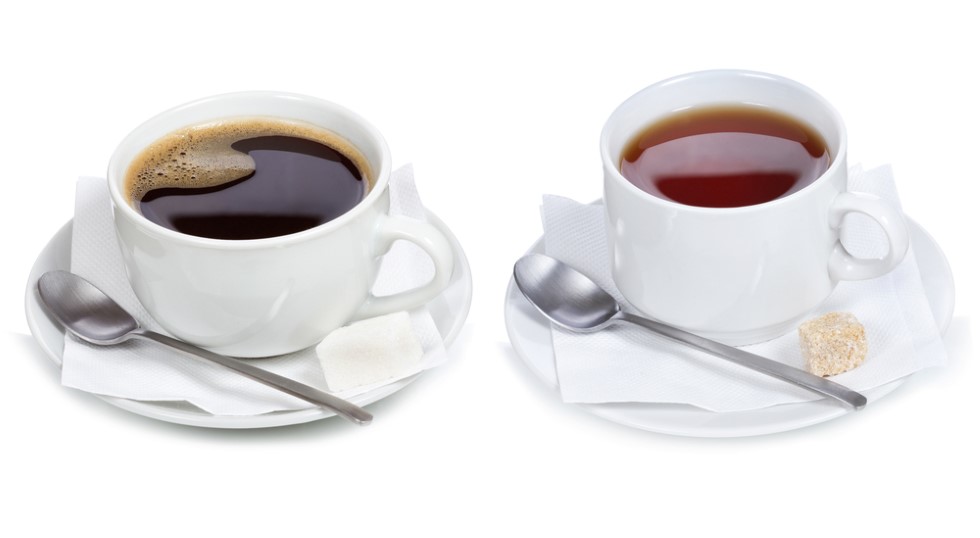
So, if you enjoy your daily coffee or tea, there’s likely no compelling reason to eliminate it for your skin’s sake. Maintain adequate hydration, moderate your sugar intake, and your skin is unlikely to suffer from your caffeine enjoyment.
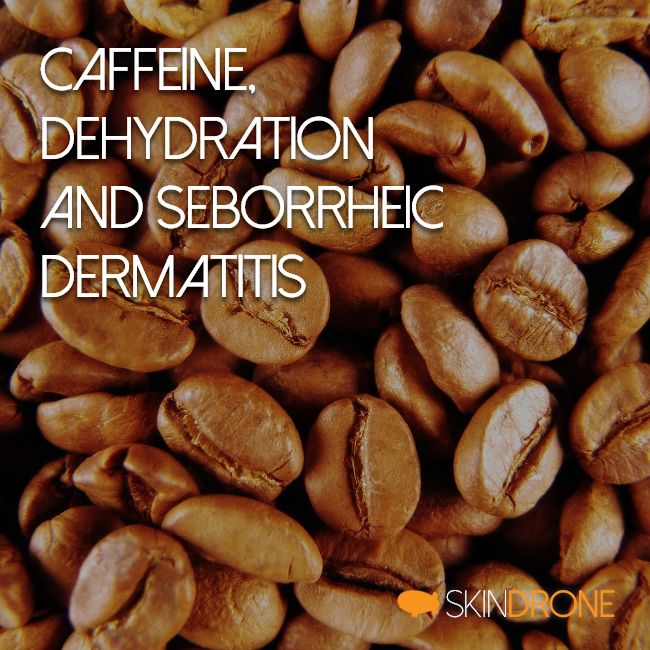
No Comments
Be the first to start a conversation